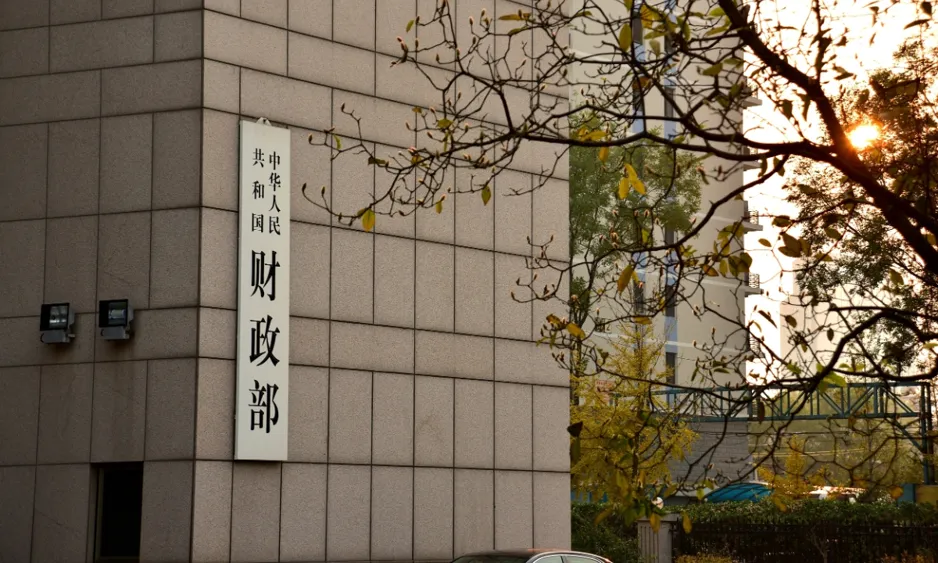Chinese Finance Ministry exposes hidden debt cases vows to reduce risks

China's Finance Ministry has recently highlighted the pressing issue of hidden local government debt, emphasizing the need for enhanced transparency and accountability in managing public funds. This move aligns with the Communist Party of China's Central Committee and the State Council's commitment to preventing financial risks associated with undisclosed debts.
In an online post, the Ministry outlined that it has been actively working with relevant departments to combat illegal practices linked to local government borrowing. It has adopted a rigorous approach to investigate and penalize activities such as the increase of hidden debts, underreporting, and the falsification of debt resolutions, thereby enforcing accountability among local governments.
One significant case brought to light involved Liaozhong District in Shenyang, where local authorities accrued a hidden debt of 520 million yuan. This debt arose from a farmland development initiative financed by a loan from the Agricultural Development Bank of China, which the district government irresponsibly pledged to repay using grain production proceeds, prompting disciplinary actions against multiple officials.
Similarly, in Xiamen, a state-owned investment company accumulated around 68.4 billion yuan in hidden debt by financing urban development projects without the necessary budget approvals. From mid-2020 to mid-2023, the firm supported seven urban renewal initiatives, which resulted in the misreported debt of 57.9 billion yuan.
This trend of off-budget liabilities continued in other regions, including Lingcheng District of Dezhou and Wuhan's East Lake High-tech Development Zone, where projects financed without proper governmental backing resulted in additional hidden debts. In Dezhou, an agricultural investment company borrowed funds for farmland construction, violating budgetary protocols; in Wuhan, local financing for public infrastructure led to hidden debts totaling 10.385 billion yuan.
The Ministry's investigation reveals a disturbing trend among local officials, who often equate political success with aggressive development strategies, neglecting the associated financial risks. As these revelations unravel, the Finance Ministry has pledged to enhance its scrutiny of local government financier practices.
In response to these growing concerns, the Finance Ministry is advocating for stricter measures against non-compliance and urging local authorities to adopt better governance practices. The ministry expressed its determination to strengthen the investigation and disciplinary measures surrounding hidden debts.
The commitment to tackling these hidden debt scenarios is expected to support China's broader goals of economic governance and financial stability, ensuring that local government activities align more closely with national economic policy and fiscal responsibility.
Read These Next

Insights from 国泰君安稳健养老目标基金 Annual Report
Analysis of the annual report for the 国泰君安善元稳健养老目标一年持有期混合型发起式基金中基金 (FOF), focusing on its conservative investment strategy, market risks, and the implications for investors.

Moderna lowers 2025 revenue outlook due to U.K. shipment delay
Moderna has revised its revenue outlook for 2025 downwards following shipment delays for vaccines to the U.K., while reporting a mixed second-quarter performance that exceeded some expectations. The company hopes to navigate through the challenges in the vaccine market, including decreasing COVID-19 vaccine demand and cost-cutting measures.

China Sees Dramatic H1 Surge in Cruise Passenger Numbers
China's cruise industry saw a 40.1% rise in passengers in H1 2025, driven by policy support and rising travel demand.
